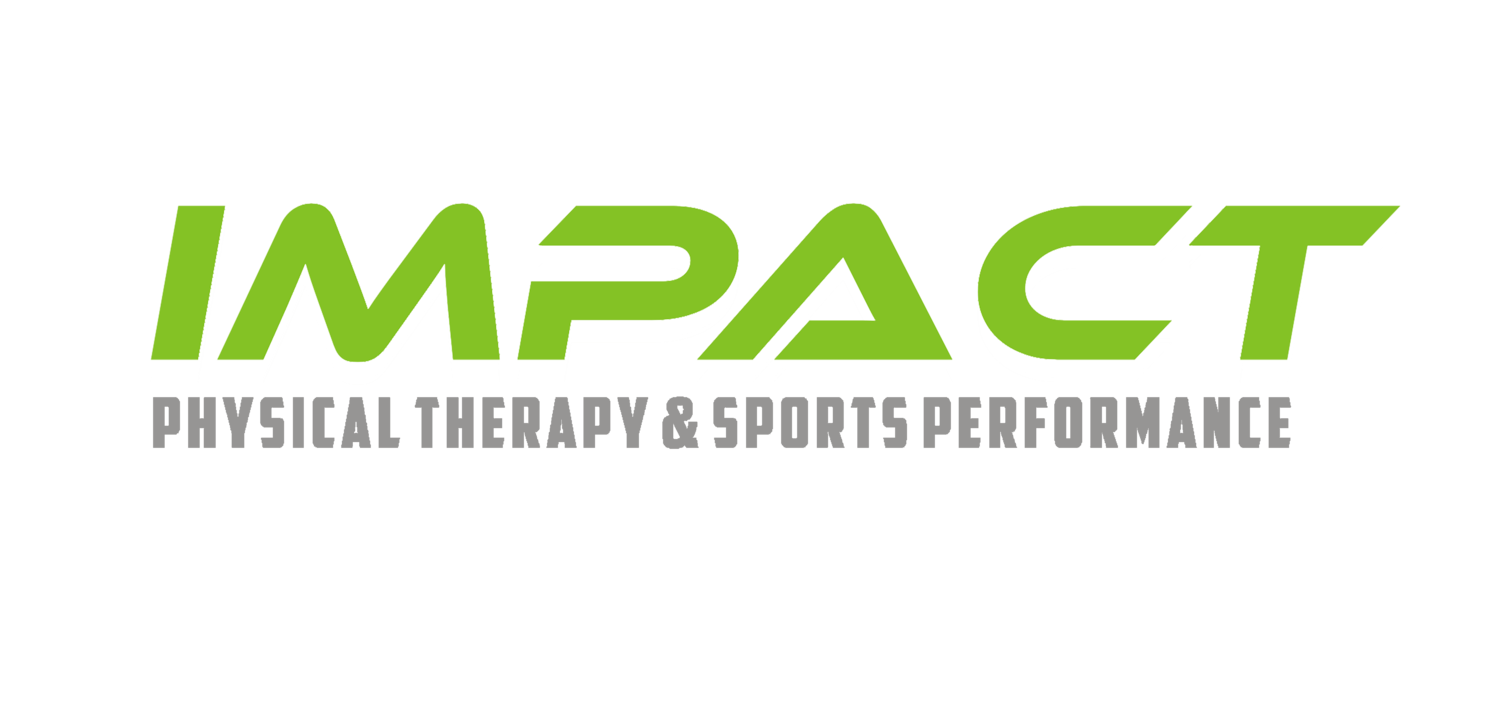Navigating the Discomfort: Pinched Nerve in the Neck
A pinched nerve in the neck – a condition often as uncomfortable as it sounds – can significantly impact your daily activities and overall quality of life. At Impact Physical Therapy and Sports Performance, we understand the challenges posed by this condition and are dedicated to providing you with effective, personalized care. This article will delve into the causes, symptoms, and treatment options for a pinched nerve in the neck, helping you find the relief you need.
What is a Pinched Nerve in the Neck?
A pinched nerve in the neck, medically known as cervical radiculopathy, occurs when a nerve in the neck is compressed or irritated where it branches away from the spinal cord. This may result from various factors, including herniated discs, bone spurs, or spinal stenosis.
Symptoms to Look Out For
The symptoms of a pinched nerve in the neck can vary but typically include:
Sharp or burning pain which may radiate down the arm
Numbness or tingling in the neck or extremities
Weakness in the arms, hands, or fingers
Difficulty with gripping or lifting objects
Pain that worsens with certain neck movements or during the night
Common Causes
Understanding the causes of a pinched nerve in the neck is key to effective treatment and prevention. These may include:
Degenerative disc disease
Herniated disc
Bone spurs due to osteoarthritis
Trauma from accidents or sports injuries
Poor posture, especially from prolonged sitting or computer use
Diagnosis and Treatment
At Impact Physical Therapy and Sports Performance, the diagnosis of a pinched nerve begins with a thorough physical examination, review of medical history, and possibly imaging tests. Our treatment approach may include:
Physical Therapy: Customized exercises and stretches to alleviate nerve pressure, improve neck strength and flexibility, and promote better posture.
Manual Therapy: Hands-on techniques like massage, traction, or spinal manipulation to decrease pain and improve movement.
Lifestyle Adjustments: Ergonomic and posture advice, especially for those who work at desks or computers, to reduce ongoing neck strain.
Pain Management Strategies: Use of modalities like heat/cold therapy, electrical stimulation, or ultrasound to manage pain.
Self-Care for Symptom Relief
Alongside professional treatment, certain self-care measures can be beneficial:
Applying heat or ice to reduce inflammation and alleviate pain
Taking frequent breaks from long periods of sitting or computer use
Practicing gentle neck stretches and exercises
Preventative Measures
Preventing future episodes of a pinched nerve in the neck involves maintaining overall neck health through:
Regular exercise, focusing on neck strength and flexibility
Maintaining good posture, especially while sitting
Using ergonomic furniture and devices
Being mindful of neck positions during everyday activities
A pinched nerve in the neck can be more than just a pain; it can be a significant hindrance to your daily life. However, with the right treatment and self-care strategies, you can manage your symptoms and improve your neck health. At Impact Physical Therapy and Sports Performance, we are committed to helping you navigate this journey with expert care and personalized attention.
Are you experiencing symptoms of a pinched nerve in your neck? Don’t wait for the pain to become a bigger issue. Reach out to Impact Physical Therapy and Sports Performance today, and let’s work together on a path to relief and recovery.

